In 2015, Oklahoma Wesleyan University president Everett Piper wrote a provocative article entitled, “This is Not A Day Care. It’s A University!” The article was quoted in the Washington Post, the New York Times, NBC News, and more. Needless to say, he ruffled some feathers! The article was such a success that Dr. Piper followed up with a recent book entitled Not A Day Care. I had the privilege of endorsing the book and highly commend it to you. Even if you end up disagreeing with Dr. Piper, he has struck a significant nerve and advances an argument that merits serious consideration.
Check out this brief interview. Then I hope you will get a copy of his new excellent book and consider talking about it with a friend:
SEAN MCDOWELL: What do you think has caused the Snowflake rebellion on our campuses?
- EVERETT PIPER: When you teach self-absorption and narcissism in the classroom you shouldn’t be surprised to find self-absorbed and narcissistic students at our colleges. Richard Weaver told us that Ideas have consequences and the lousy ideas we have been teaching for decades are bearing themselves out in the lousy behavior we now see on the nightly news. Garbage in garbage out. What is taught today in the classroom will be practiced tomorrow in our culture, on our campuses, in our communities, in our corporations, and even in our churches.
MCDOWELL: You claim that Bethlehem, not Berkeley, is the birthplace of the free speech movement. How so?
PIPER: Chesterton told us that if you want freedom you have to build a fence. He also said that when you get rid of big laws you don’t get liberty but rather thousands of little laws that rush in to fill the vacuum. Jesus said you shall know the truth and the truth shall set you free. If you stop teaching truth it always leads to tyranny. There is no liberty without law and there is no freedom without fences. This message was born in Bethlehem not Berkeley. The proof is in the pudding. Just watch these college protests and ask yourself who is really more free. Who really believes in openness and debate? Who really believes in a robust exchange of ideas? Which worldview lends itself to intellectual freedom and which one seems shockingly close to ideological fascism? Berkeley or Bethlehem? You choose.
MCDOWELL: What about your chapter titled Pro-woman and Proud of It? Why do you think the biblical worldview is more pro-woman than any other?
PIPER: Because we believe women are real. We believe in science. We believe in the fact of the female. What could possibly be more misogynistic than to suggest that a woman is not a fact but rather merely a fantasy or a fabrication; nothing but a social construct. How is it possible to be a feminist while denying the empirical reality of the feminine? You can’t be pro-woman and yet deny that a female exists. You can’t be pro-woman while at the same time claiming that she is really is nothing more than a leprechaun or a unicorn – that she’s make believe – and that anyone who wants to pretend can raise his hand on a given day and take away her privacy, her dignity and her very identity.
MCDOWELL: You’re against “safe spaces.” Shouldn’t the college experience be safe?
PIPER: C.S. Lewis said of the great lion Aslan that he was not safe but that he was good. Let me paraphrase and suggest that the great lion of the liberal arts; the great lion of the academy; the great lion of the university – of the ivory tower – is not supposed to be safe but it is supposed to be good. There is a huge difference between goodness and safety. Safety implies comfort. Goodness implies confrontation. We don’t grow if we are always comfortable and safe. We only grow when there is dissonance and when we are challenged. Iron sharpens iron and the Lord disciplines those he loves. College should be about you growing closer to God’s standard of goodness not feeling safe and comfortable in your sin.
MCDOWELL: Why are “trigger warnings” and “micro-aggressions” bad ideas?
PIPER: Yes these are terrible ideas and the reason is because they have essentially become synonyms for simple disagreement. If I don’t like your ideas all I need to do is cry “micro-aggression.” If your political views make me feel uncomfortable I accuse of you violating my “safe space.” If I don’t want to even be exposed to an intellectual challenge I demand that you issue a “trigger warning” before you speak. All of this is predicated on the assumption that it is somehow good to avoid contrary ideas – ideas that are different from our own biases. This is terrible education and it is the exact opposite of what the classical liberal arts education was all about.
Sean McDowell, Ph.D. is a professor of Christian Apologetics at Biola University, best-selling author, popular speaker, part-time high school teacher, and the Resident Scholar for Summit Ministries, California. Follow him on Twitter: @sean_mcdowell and his blog: seanmcdowell.org.

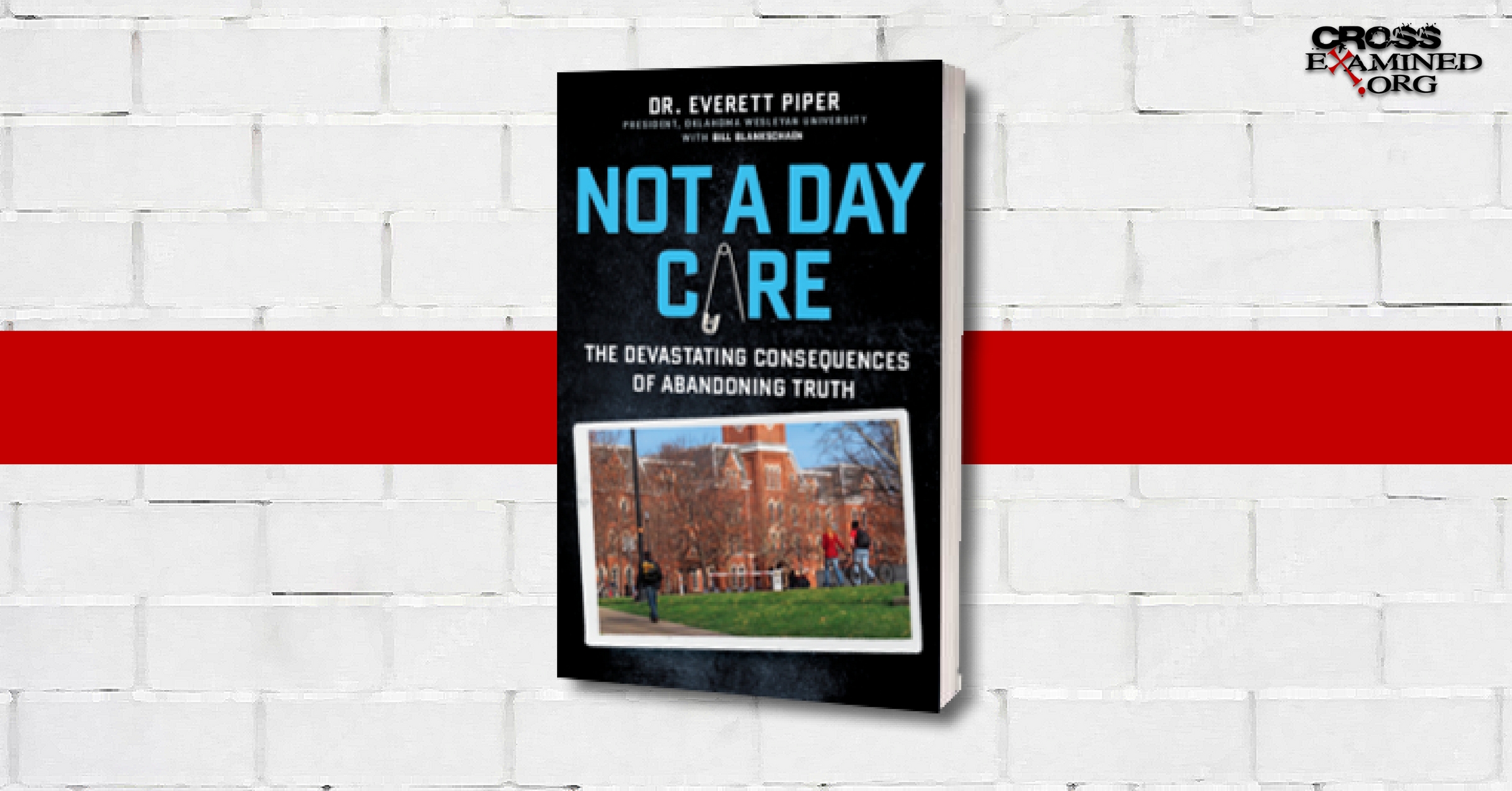



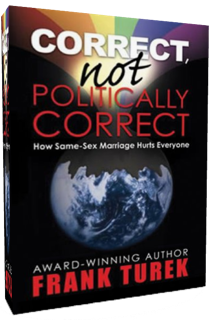 http://bit.ly/2aToY22
http://bit.ly/2aToY22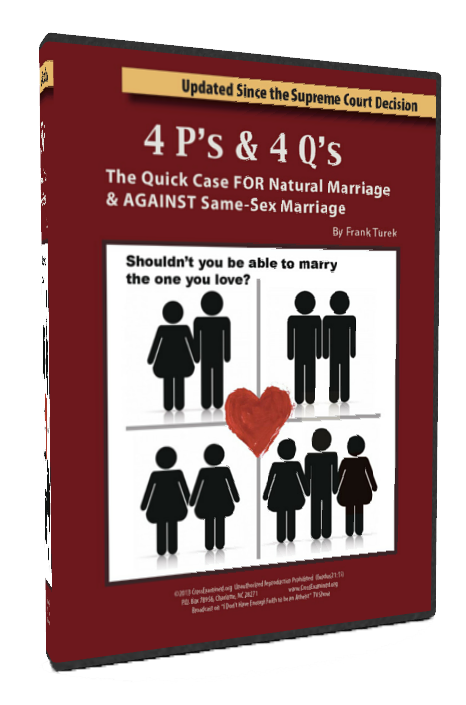 http://bit.ly/2aTpHQF
http://bit.ly/2aTpHQF
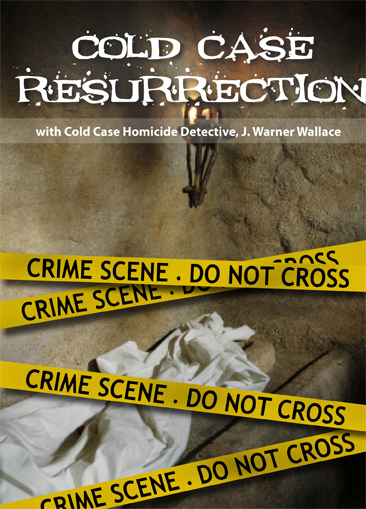 http://bit.ly/2aKOC9b
http://bit.ly/2aKOC9b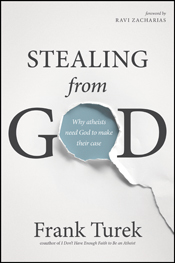 http://bit.ly/SFG_Book
http://bit.ly/SFG_Book

